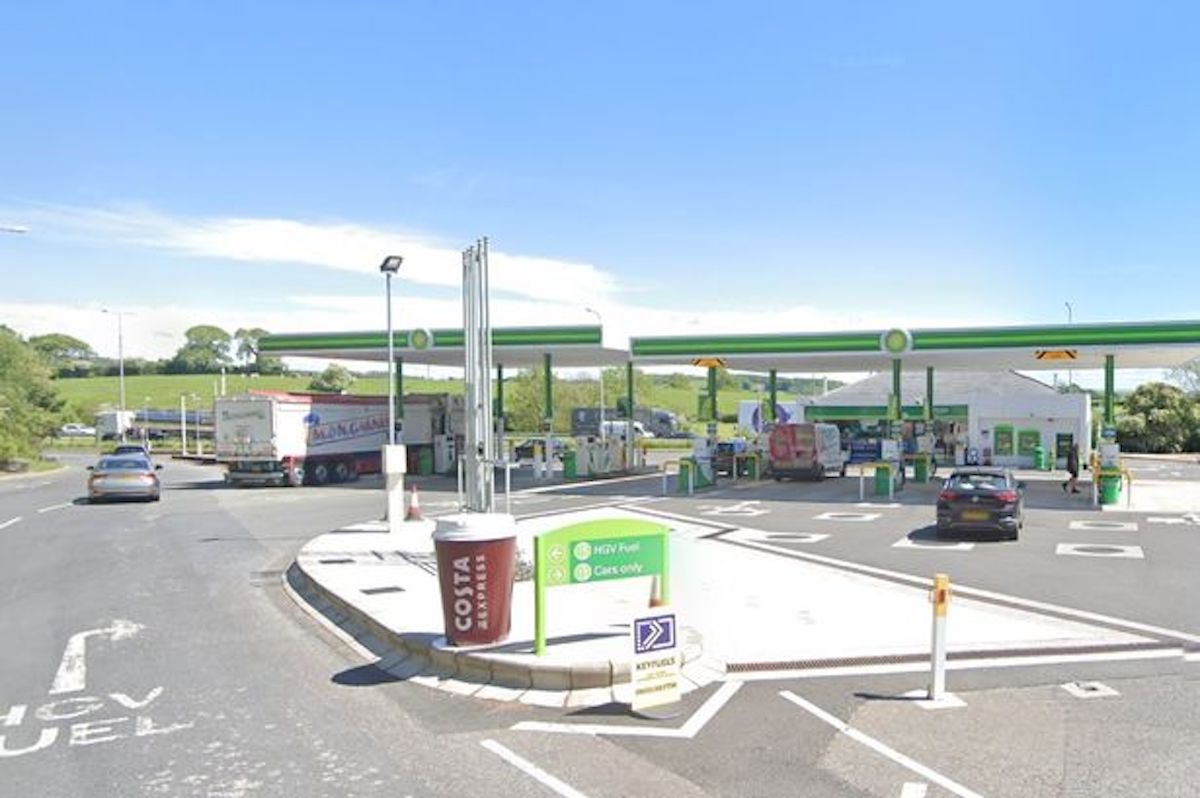Petrol unfairly expensive, RAC says, as prices could increase again
The RAC says its data shows that petrol could be cheaper, while oil industry is set to decide on reducing production and increasing prices.

The RAC believes that petrol prices remain unfair in the UK, despite the largest monthly fall in average prices last month.
The average price of petrol dropped by 12.31p last month (August 2022), but the RAC believes that the pump price should be lower still.

On 5 September 2022, the RAC wrote that “The average price of a litre of unleaded is now under 170p (169.8p) for the first time since May.”
However, it said “the RAC believes average forecourt petrol prices should actually be around the 161p mark,” when wholesale prices were 124.08p per litre, and an allowance for a margin of 10p per litre for retailers.
The RAC said at the time that “The last time the delivered wholesale price of petrol was at its current level was in late April, when retailers were charging on average around 162p per litre.”
The current average price of petrol is 164.13p per litre, according to the RAC’s latest data, but that could be set to rise.
The RAC also said at the time that OPEC+ could choose to reduce oil production at its next meeting from their time of writing, which would have been in the week beginning 12 September.

OPEC+ is an organisation representing the world’s oil-producing nations, and it is responsible for making decisions on oil production. It will hold another meeting next week on 5 October, in which there is again the chance that oil production could be cut, leading to a rise in the price of oil.
Part of the reason it could be cut is because one of its member nations, Russia, is asking for a reduction of one million barrels per day (bpd).
Another factor that could lead to the rise of fuel at the pump is currency.
As we know, the British Pound (GBP) is currently at its lowest value against the US Dollar (USD) in its history. That could continue to fall, and USD is continuing to rise.

Since oil is traded in USD, such reductions in the value of GBP, combined with an increase in the value of USD, will see the cost of fuel at the pump increase.
Whether that at-the-pump rise will be fair, though, is questionable, and in comparison to countries like France and Italy, where fuel discounts were introduced over the summer to combat the increased price of oil, in the UK there has been little support from the government with increased fuel costs.
.png?width=1600)
.jpg?width=1600)
.jpg?aspect_ratio=1:1)




